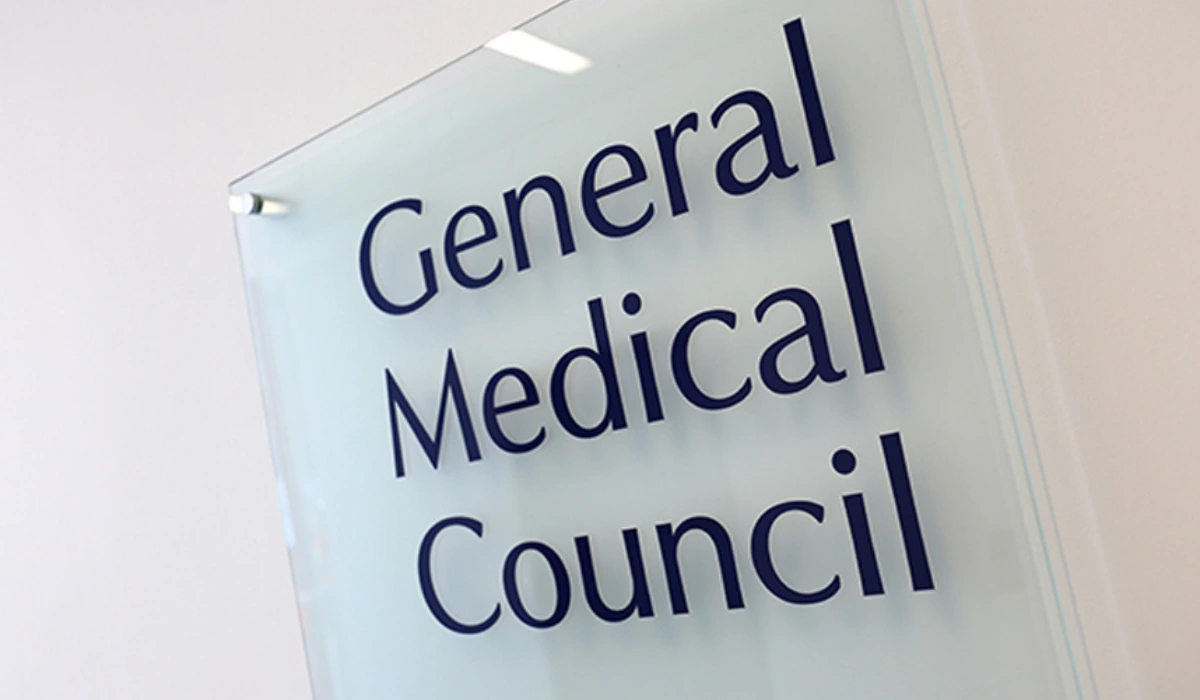The General Medical Council’s (GMC) recent issuance of new guidance on climate activism within the healthcare sector marks a significant development in the intersection of medical practice and environmental advocacy. This comprehensive guidance is designed to address the growing involvement of healthcare professionals in climate-related issues, a trend that reflects increasing concern over the health impacts of climate change.
The GMC’s statement is notable for its inclusion of case studies highlighting potential legal repercussions for doctors who engage in environmental advocacy. This approach underscores the council’s commitment to providing clarity on how healthcare professionals can navigate their roles while actively participating in climate activism. The guidance emphasizes the ethical responsibilities of medical professionals, aiming to ensure that their advocacy efforts do not compromise their professional duties or patient care.
The need for such guidance is particularly relevant in light of recent climate-related health crises. As the impact of climate change on public health becomes more evident, healthcare professionals are increasingly seeking ways to contribute to environmental solutions. However, this raises important questions about how to balance advocacy with the core responsibilities of medical practice.
In response to this evolving landscape, UKHACC has joined forces with various health organizations to reach out to the National Institute for Health and Care Excellence (NICE). A letter submitted to NICE advocates for enhanced measures to support the NHS in achieving its net zero targets. This collaborative effort highlights the urgency of adopting intersectional approaches to sustainability in healthcare. The letter calls for increased funding and resources to strengthen climate resilience within health systems, reflecting a growing recognition of the need for systemic change in response to environmental challenges.
As healthcare professionals, your engagement is crucial in advancing climate and health initiatives. On 5 September, we urge you to contact your MP to support the Climate & Nature Bill during the upcoming private members’ bill ballot. This bill represents a pivotal opportunity to ensure that environmental sustainability remains a central focus of public policy. Your voice can make a difference in shaping legislation that addresses both climate change and its health implications.
Additionally, the World Health Organization (WHO) is currently seeking input from health professionals for its Global Plan of Action on Climate Change and Health. The consultation on 4 September is a valuable chance to share your insights and experiences regarding the health impacts of climate change. Your feedback will contribute to shaping this critical initiative, which aims to develop a comprehensive global strategy for addressing climate-related health issues.
Several other opportunities for involvement are available this month. The Intergovernmental Panel on Climate Change (IPCC) is calling for nominations for authors to contribute to its Special Report on Climate Change and Cities, set for release in March 2027. Applications are open until 20 September 2024, offering a chance to influence discussions on urban sustainability and climate adaptation.
Moreover, the Green Maternity Challenge invites healthcare professionals in maternity care to participate in promoting sustainable practices within maternity services. Applications for this initiative are also open until 20 September 2024. The challenge aims to integrate environmentally friendly approaches into maternity care, benefiting both maternal and planetary health.
Looking ahead, several key events offer opportunities for further engagement. On 4 September, join us online for “Stop Rosebank – What Next?” to discuss the implications of the new UK government’s oil licensing policies on climate action. On 9 September and 9 November, attend the Nutrition and Lifestyle Medicine Conferences in London or online to explore essential health topics presented by Plant-Based Health Professionals UK.
The GMC’s new guidance, combined with ongoing efforts to integrate climate considerations into healthcare and policy, reflects a growing recognition of the interconnectedness of climate and health. As we navigate these complex issues, continued advocacy and professional engagement will be vital in driving forward meaningful change for a healthier and more sustainable future.


